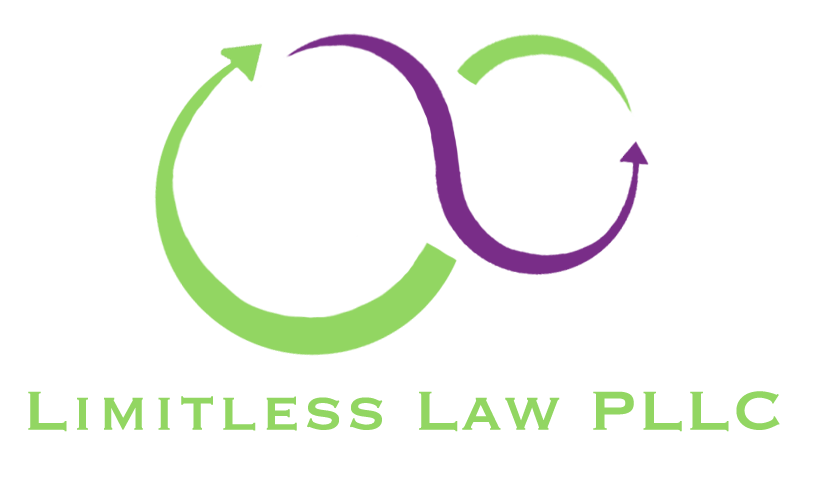Three Key Questions to Ask Your Attorney About Medicaid
- Income and Asset Limits. Successful applications for Medicaid long-term-care benefits/assistance must fall within a monthly income limit. If the applicant’s income is above the limit, they may need to pay for some services out of pocket. There are special rules when transferring property before applying for Medicaid. Any gifts or assets transferred within five years before applying for benefits are counted as assets that might prevent an applicant from being eligible for benefits. There are some exceptions to this five-year “look back” period, which may be worth discussing with a qualified estate planning attorney.
- Exempt Assets/Keeping Your Home. Your primary residence is exempt from being counted against you for Medicaid eligibility purposes, as long as the value of your home does not exceed the current limit, and either you or your spouse are still living in your home. If you are not married and own a home or own real estate that is not your home (such as investment, rental or business property), additional steps may need to be taken to make sure your assets do not disqualify you from Medicaid assistance.
- How to Transfer Assets. Assets can be transferred between spouses without limitation during the process of applying for Medicaid benefits, but Medicaid takes into account the assets of both spouses to determine eligibility for benefits. A spouse’s assets cannot exceed a set limit in order for one spouse to be eligible for Medicaid long-term care benefits. If a couple’s assets exceed the allowable limit, then the couple will need to decide whether to “spend down” those assets in order to be within the limits for Medicaid benefits, or make adjustments to how their assets are owned in order to gain eligibility. Once an application for Medicaid is approved, there is no limitation on what assets a non-beneficiary spouse can have. A beneficiary still has a limit on their assets and cannot have more than a certain dollar-amount of countable assets while they are a Medicaid beneficiary.
If you are seeking legal assistance with estate planning, probate, adoption, real estate transactions, business law, bankruptcy or debt settlement, please don't hesitate to reach out to the experienced team at Limitless Law PLLC. We're here to help.
Call 360-685-0145 or click here to learn more.
This blog post is for informational purposes only and does not constitute legal advice. If you have questions about your own legal rights and options, please contact the knowledgeable team at Limitless Law PLLC to schedule a strategy session with our attorney. Call 360-685-0145 or click here to learn more.






